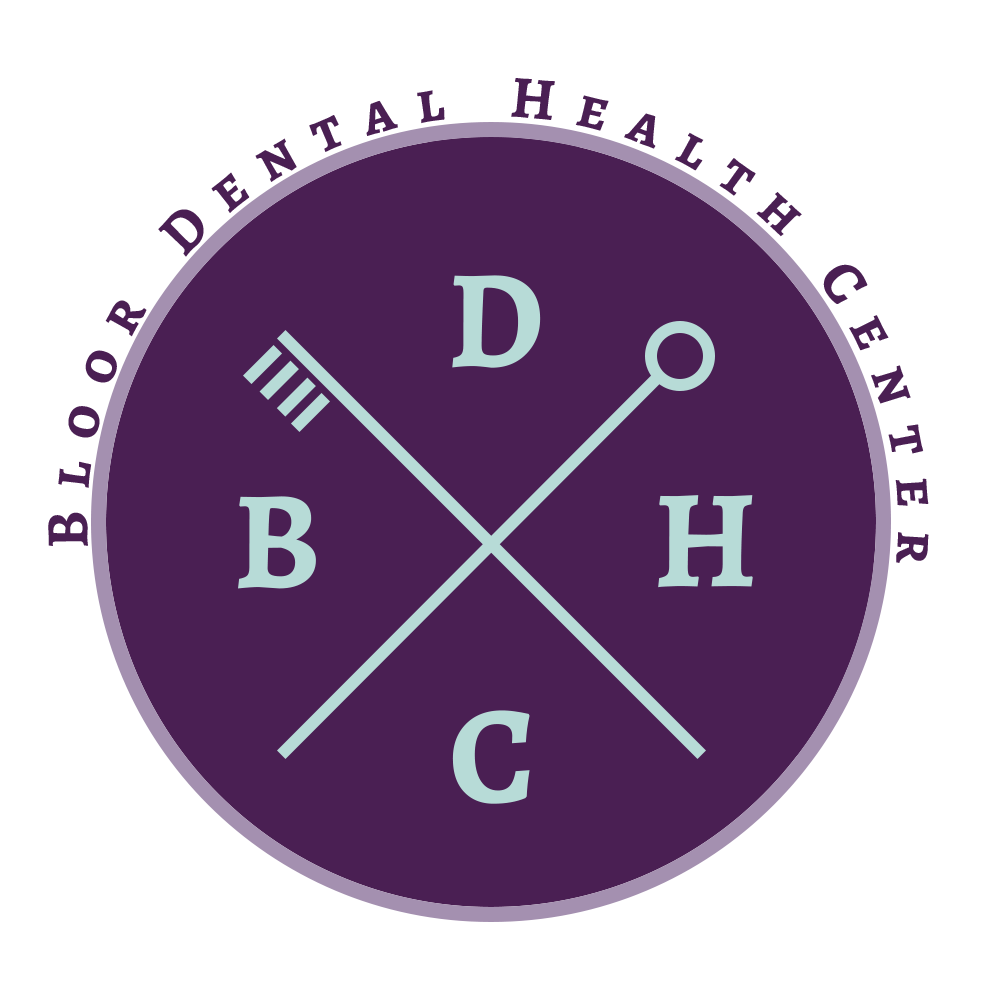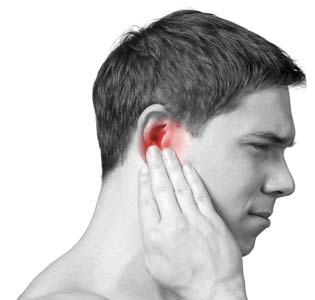

Signs that you may have a TMD problem include:
Clenching and grinding of the teeth (bruxism) is a common sign of TMJ disorder. The clenching and grinding of the teeth put additional stress on already tired, overworked muscles and can result in pain being referred to the head, neck, face, shoulder or back. Often but not always you will see teeth worn, chipped or cracked in the front/back of the mouth.

Headaches are one of the most common complaints of TMJ sufferers and these headaches are frequently so severe they can be confused with migraine headaches. TMJ headaches are most often felt in the temple area, behind the eyes and at the back of the head with pain radiating to the neck and shoulders. Migraine headaches are mainly on one side with the patient suffering from visual disturbances and being extremely sensitive to light. The treatment for migraine headaches is much different from headaches caused by dislocated joints.
If you suspect a migraine headache, then a referral should be made to a neurologist. If the TMJ (jaw joint) is the problem, a referral should be made to a dentist or dental specialist with training in the diagnosis and treatment of these disorders. An excellent reference for dentists experienced in the treatment of patients with TM joint disorders would be to consult the website of the American Academy of Craniofacial Pain.

One of the most common signs of a TMJ problem is a jaw joint making noise such as clicking, popping or grating sounds. This clicking sound occurs when the condyle (top of the lower jaw) moves forward when the patient opens the mouth and the condyle slips on and off the dislocated disc. The grating sound, called crepitus, is the sound of bone rubbing on bone and occurs later on when the dislocated discs become completely deformed.
The purpose of the disc is to act like a protective cushion between the two bones of the lower jaw (condyle) and the skull (glenoid fossa). When the protective disc is permanently dislocated or distorted, the two bones contact each other and this causes loud noises, which are referred to as crepitus.
Another sign of TM joint dysfunction occurs when the jaw either locks open or closed. Our objective in the treatment of TMJ disorders is to try and correct the problem of the dislocated disc early when the jaw is clicking and not wait until the later stages when the grating sound is louder and the patient may experience an extremely painful situation if the jaw locks open or closed.
If the patient suffers from ear pain, ringing or buzzing in the ears,fullness or a stuffy feeling without any ear infection, then this could be related to a structural problem within the TM joint.
Other symptoms include a loss of hearing, dizziness and loss of balance. If the condyle is too far back and the disc dislocated forward, this can cause some of the muscles of mastication to go into spasm which can cause any of the symptoms as mentioned above. If your medical doctor or ENT (ear, nose and throat) specialist can find no apparent reason for the ear problems, these patients should be referred to a dentist with training in the diagnosis and treatment of patients with these problems.

Sleep disturbances are common in patients suffering from dislocated jaw joints. The brain frequently does not allow the patient to reach the deep stages of sleep and they are awakened many times during the night.
The patient does not awaken feeling well rested and refreshed, but rather they often feel tired and listless with an obvious lack of energy to face the new day. Often, the reason the patient cannot sleep is that they are awakened due to the pain they are suffering from severe muscle contractions, muscle spasms and trigger points caused by the dislocated jaw joints or clenching and bruxing habits.
If you have any of the above symptoms, you could possibly have a problem with your jaw (TMJ).
